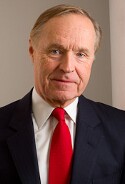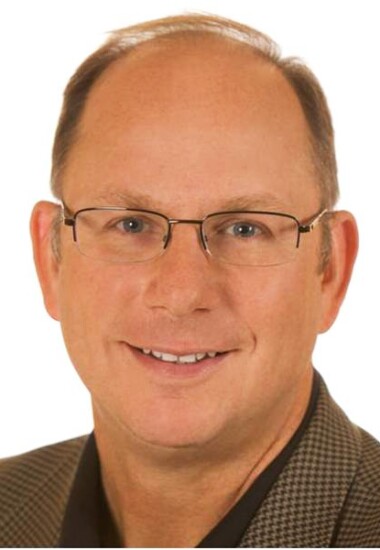Accounting Today recently asked over a hundred leaders in the tax and accounting profession to share the best piece of advice they’d ever received in their lives — here’s a sampling of our favorites.
25 great pieces of advice
September 24, 2017 5:30 PM































